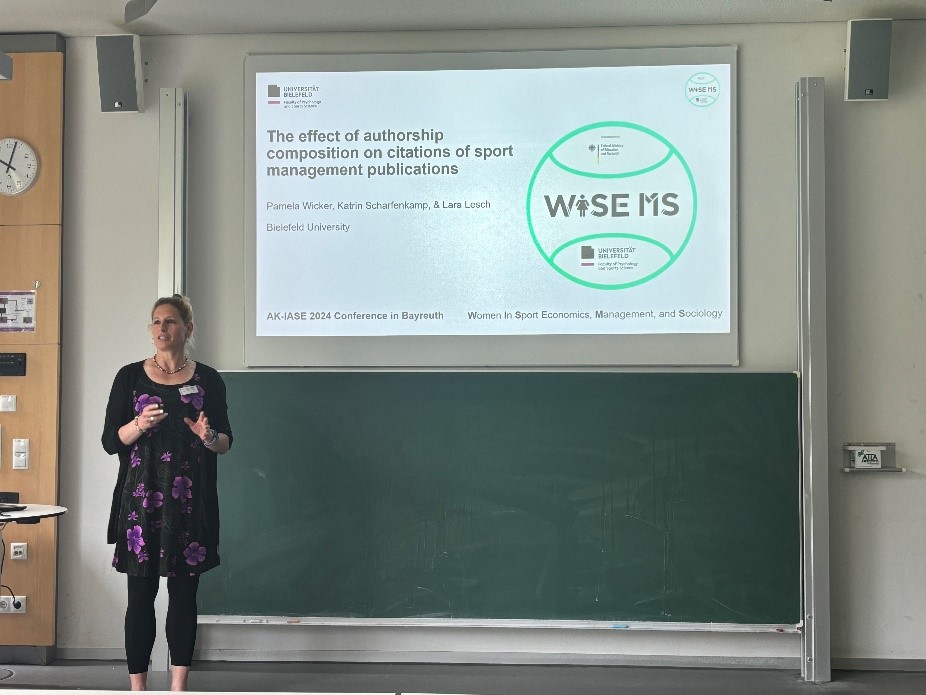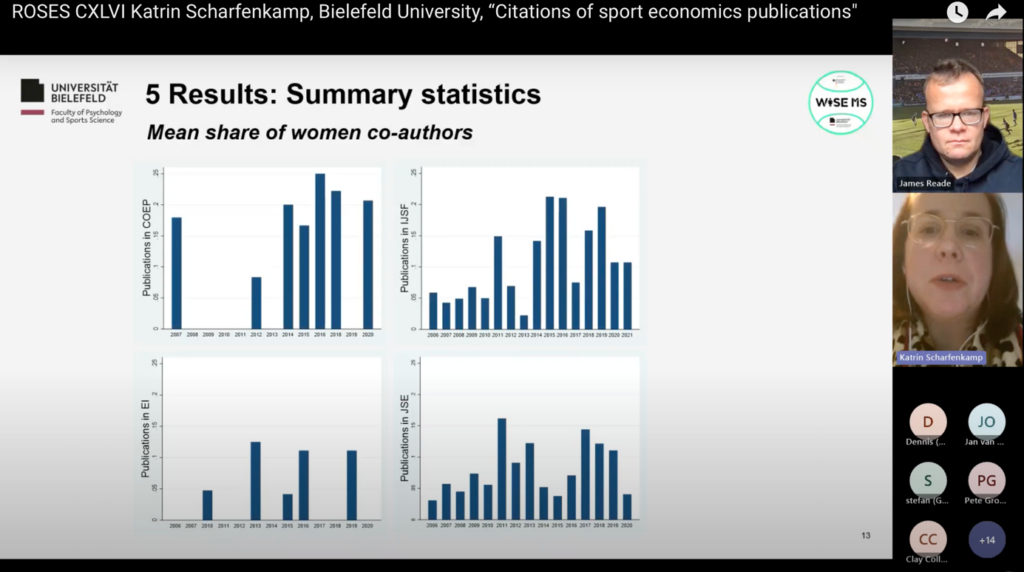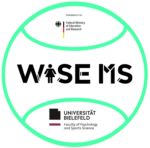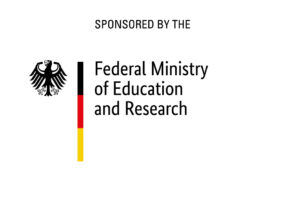Publications
‘Who You Publish With Matters: The Effect of Authorship Composition on Citations of Sport Economic Publications’ was published in the International Journal of Sport Finance. You can find the publication here.
20.06.-22.06.2024
Presentation at the Annual Meeting of the German Association of Sports Economics in Bayreuth, Germany:
‘The effect of authorship composition on citations of sport management publications’

At the Annual Meeting of the German Association of Sports Economics, Prof. Wicker gave a presentation on ‘The effect of authorship composition on citations of sport management publications’, which belongs to Module 3. The aim was to answer two research questions: (1) ‘How do individual citations of coauthor(s) affect a publication’s citations?’ and (2) ‘How does the authorship composition affect a publication’s citations?’. Therefore, authorship composition and further characteristics of publications in ESMQ, JSM, and SMR that were published from 2006-2020 were linked with citation data. The results show that the higher the mean H-index of coauthors, the more citations. Furthermore, a higher H-index of the 1st author was related to more citations per article. Regarding the second research question, the results indicated that the higher number of countries of coauthors’ affiliations, the higher the citations. For publications in JSM, a higher share of women coauthors was associated with more citations.
17.11.2023
Presentation at the 146. Reading Online Sport Economics Seminar:
‘Citations of sport economics publications’
At the 146th Reading Online Sport Economics Seminar (ROSES) Dr. Katrin Scharfenkamp presented results from Modul 3. The topic of the presentation was ‘Citations of sport economics publications’.
The analyzed publications showed that up to a critical H-index of 120, a higher mean H-index of the co-authors predicted higher numbers of citations per
article. Up to a critical mean of 12,000 citations per author, a higher mean of the co-authors’ citations resulted in more citations per article. In addition,
a higher H-index for first authors as well as for second authors could predict higher numbers of citations of the article. Looking at the number of co-authors, there was no significant robust influence on the citations of the article. However, a higher share of women among the co-authors, was found to result in more citations of the article. The number of different countries also had a positive influence on the citation of the article.
The presentation can be accesed here.

First results are available for the European Journal for Sport and Society (EJSS) that were presented at the 2022 ISSA/EASS Conference in Tübingen, Germany. You can access the publication and the accompanying presentation. The results show that citations are hardly driven by the topics of the articles, but by the share of women coauthors, the number of different affiliations, and editorial decisions (assigned number in issue).


